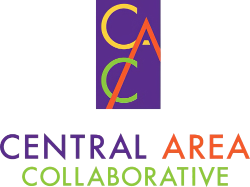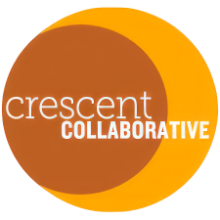Program Approach
/0x74:5000x3264/prod01/channel_34/media/seattle-university/supplier-diversity/images/Handshake.jpg)
The Seattle University Supplier Diversification Program both directs investment to local diverse businesses and engages local BIPOC (Black, indigenous, and other people of color) communities and businesses.
The program also supports the uptake of local BIPOC-owned businesses among peer anchor institutions, using the university's academic resources and relationships to meet the needs on both sides, thus leveraging initial investments. Over time, the program plans to share its findings with peer universities and anchor institutions, creating a model that can be replicated broadly.
The plan is to:
- Increase the resilience of the local business ecosystem by increasing university spending with local Black- and BIPOC-owned businesses;
- Build the capacity of community businesses to engage large institutional procurement pipelines;
- Support local business in building networks; and
- Develop a model to facilitate sharing and growth of neighborhood-focused supplier diversity efforts among peer universities and anchor institutions.
This grant extends previous work of the Albers School of Business and Economics' Innovation & Entrepreneurship Center—also supported by the JP Morgan Chase Foundation—in the Resource Amplification & Management Program (RAMP-Up). The supplier diversification program builds on RAMP-Up's foundation to support potential institutional vendors in local neighborhoods and develop procurement-readiness among local businesses owned by BIPOC community members, prioritizing the Black-owned businesses in the community surrounding the Seattle University campus.
The program also expands on past initiatives organized by Seattle University, including those organized by the Sundborg Center for Community Engagement, the Office of Diversity and Inclusion, and SU's Procurement department.
Community-Based Approach
/prod01/channel_34/media/seattle-university/supplier-diversity/images/People-icon-088099.png)
Pursue deep engagement with the BIPOC business community
/prod01/channel_34/media/seattle-university/supplier-diversity/images/Dollar-lightbulb-fdb913.png)
Assess and adapt Seattle University's procurement system and processes
/prod01/channel_34/media/seattle-university/supplier-diversity/images/Teaching-icon-088099.png)
Learn and share best practice with other anchor institutions
Community Partners
The Black Community Impact Alliance (BCIA) is a group of cooperating organizations serving the Black community in Western Washington. BCIA makes sure that taxpayer-funded initiatives and organizations that receive government money to work in the Black community are actually doing work to better the lives of Black children and families, particularly those with low income and the working poor.
Got questions about SU's Supplier Diversification Program?
Contact us at procurement@seattleu.edu.



